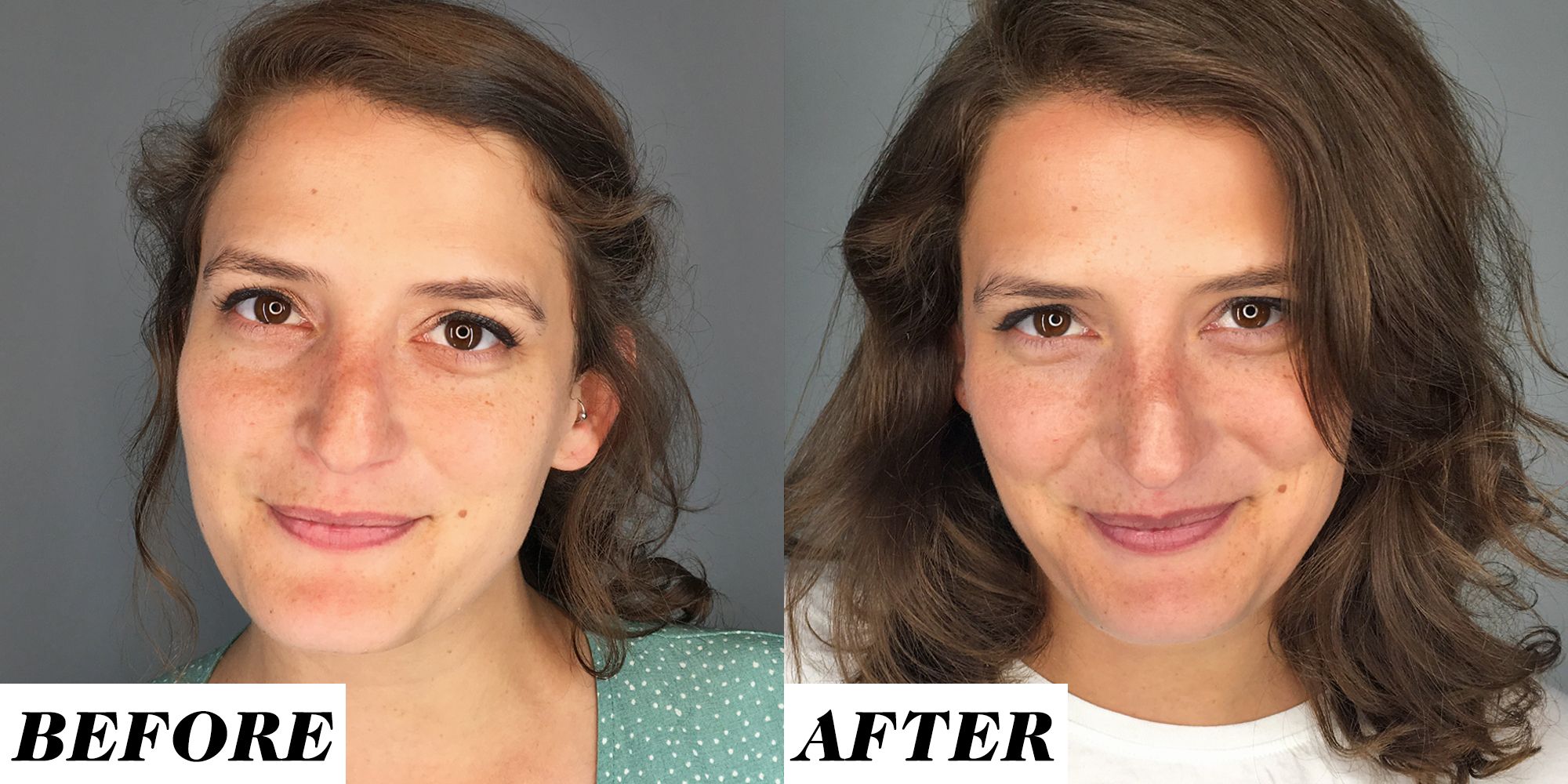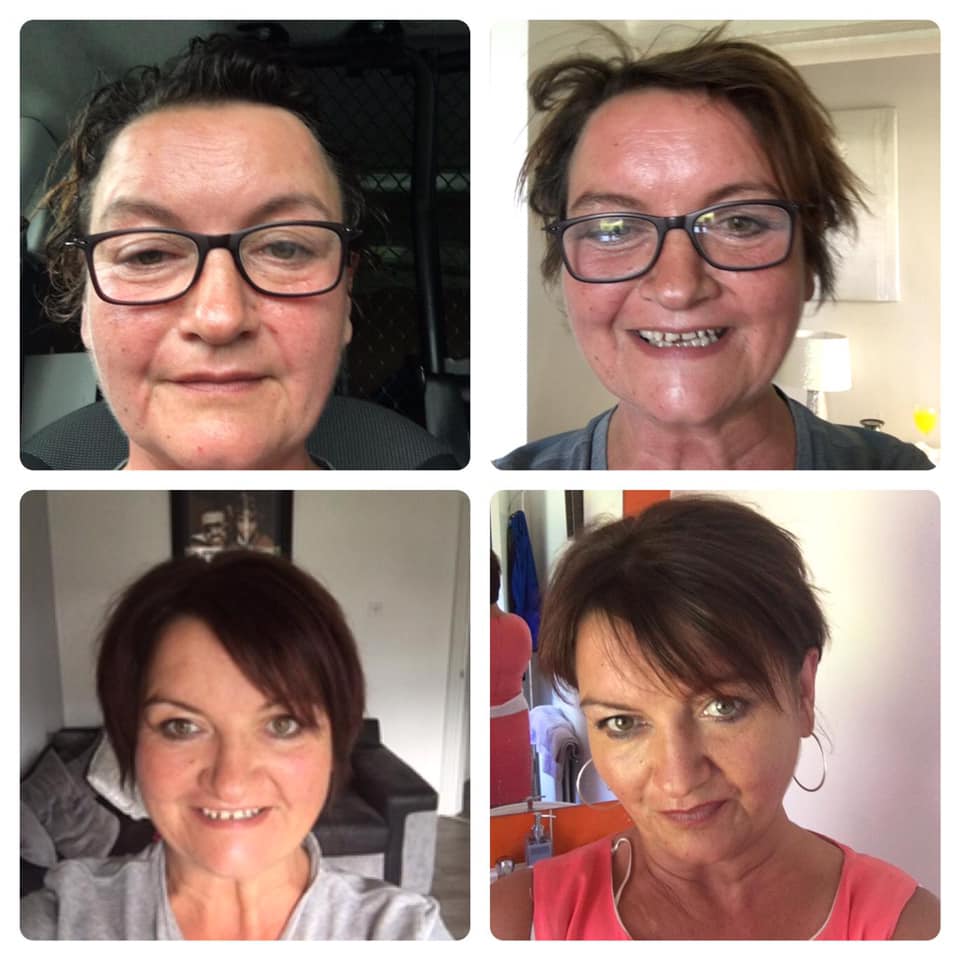

When blood vessels burst, it makes the blood visible under the surface of the skin, leading to skin redness. This chronic inflammation is caused by broken blood vessels and sores on or around the nose, causing it to appear red, swollen, and bumpy. Rhinophyma is in a category of skin conditions known as rosacea, which causes chronic inflammation of the skin. What is commonly called “alcoholic nose” is actually a skin condition called rhinophyma (Greek for “nose growth”). Serenity Lane Provides Compassionate Addiction Treatment for Alcohol in the Pacific Northwest.The Truth of Alcohol's Effect on Rhinophyma.Alcohol and Other Triggers for Rosacea of the Nose.Does Alcoholism Cause Advanced Rosacea of the Nose?.The Stigma of Rhinophyma or Alcoholic Nose.Alcoholic Nose, Nose Redness, and Rhinophyma.So what exactly is “alcoholic nose,” and what actually causes it? Alcoholic Nose, Nose Redness, and Rhinophyma

While alcohol can stay in your system and cause damage, there is thought to be very little connection between alcohol use and this skin condition. It’s hard to say when exactly this condition became linked with heavy alcohol use, but stereotypes in popular media have kept this connection alive. “Alcoholic nose,” or drinker’s nose, is a skin condition commonly identified by a red, bumpy, or swollen appearance of the nose and cheeks. All of these characters also share a similar look: chubby cheeks, and a red, bulbous nose. Fields have made entire careers playing this type of character. In an attempt to make light of a serious condition, this character may interrupt scenes with bumbling, slurring bouts of playful drunken behavior.Ĭlassic comedians such as W.C. 8 And it’s easier to maintain a healthier weight by making sure you drink within the UK Chief Medical Officers’ low risk drinking guidelines – that means no more than 14 units a week, spread over three or more days with several drink-free days, and no bingeing.Classic Hollywood cartoons and comedy bits often call upon the jolly alcoholic character to lighten the mood or provide comic relief. If you are overweight reducing the amount of alcohol you drink each week is a good way to lose weight. Essential tasks like absorbing nutrients and burning fat are interrupted until the alcohol has been processed. When you drink alcohol, your body prioritises getting rid of it ahead of other processes, because it is recognised as a toxin (poison).

That means you could be having lots of extra calories ‘passively’, or without thinking about it – and that will lead to weight gain. Research has found that the calories people consume through alcohol tend to be additional to the calories they consume in the rest of their diet, rather than a replacement. This can make a drink very calorific - for example, a pint of lager can contain the same amount of calories as a slice of pizza, or a large glass of wine the same an ice cream sundae. 5 They don’t benefit your body in any way.Īnd the calories in an alcoholic drink don’t just come from the alcohol – many have additional calories from carbohydrates as well, like sugar or starch. Regularly drinking more than the UK Chief Medical Officers' (CMOs) low risk drinking guidelines (no more than 14 units a week, with several drink-free days) harms your liver. One of the signs of severe alcohol-related liver disease is jaundice – a yellowing of the skin and of the whites of the eyes.Īlcohol contains around seven calories a gram - almost as many as pure fat.Ĭalories from alcohol are 'empty calories', meaning they have no nutritional value. Limiting the amount of alcohol you drink, and having plenty of water or soft drinks between alcoholic drinks can help avoid dehydration – which is also the main cause of a hangover. Drinking alcohol can cause or worsen psoriasis 3 (a condition that causes flaky skin) and rosacea 4 (redness or flushing on the face). The effect of alcohol on your immune system and the way your circulatory system works affect the skin too. Dehydrated skin may also be more prone to some types of eczema. This can make your skin look wrinkled, dull and grey, or bloated and puffy. When you drink, the dehydrating (or ‘diuretic’) effect of alcohol means your skin loses fluid and nutrients that are vital for healthy-looking skin. How alcohol affects skinĪlcohol dehydrates your body, including the skin – and this happens every time you drink. Alcohol can have a variety of effects on our appearance, from the way your skin and eyes look, to your weight and body odour.


 0 kommentar(er)
0 kommentar(er)
